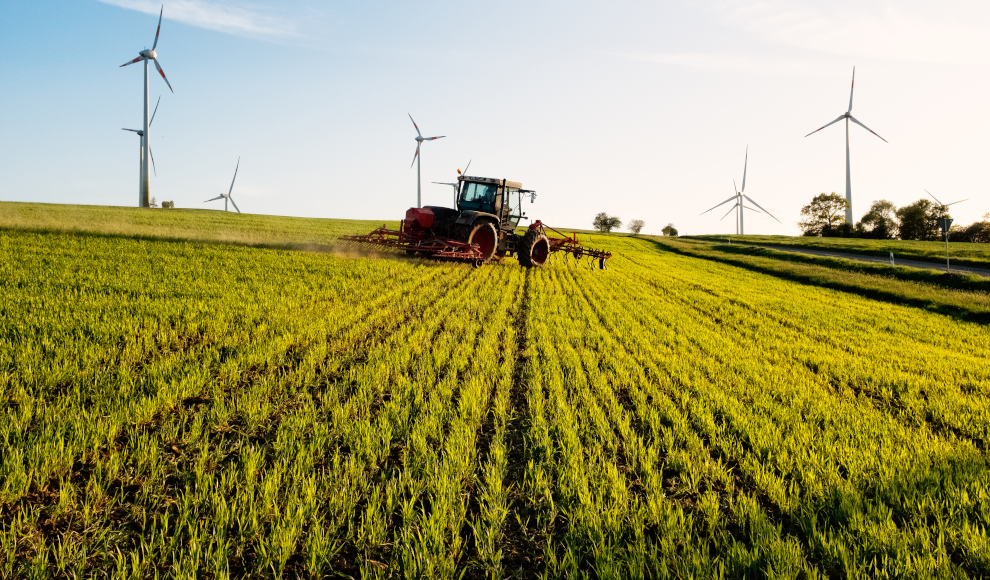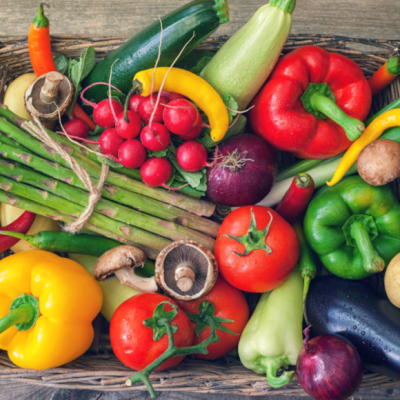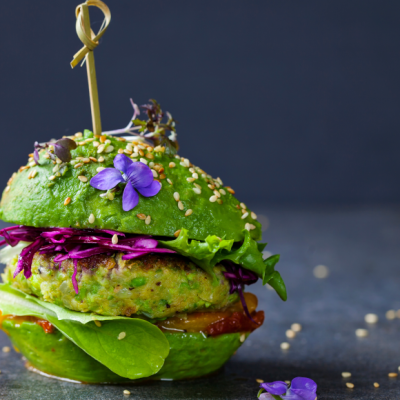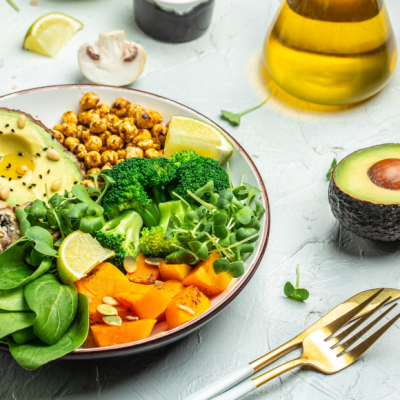Germany Imports Majority of its Food: Study Shows Self-Sufficiency Possible with Reduced Meat Consumption
Germany imports a significant portion of its food, but a new study suggests that the country could achieve self-sufficiency if its residents consume less meat. Researchers from Fulda University of Applied Sciences investigated whether the country could rely on local agriculture and livestock farming to provide its food. According to their publication in the journal Sustainability, the authors examined the possibility of self-sufficiency using the example of Hesse. Their analysis showed that the agriculture sector would require approximately 767 square meters of pastureland per person for livestock farming and feed production, as well as additional land for vegetable and grain cultivation. However, Hesse only has 467 square meters of pastureland per person, making it impossible to switch from industrialized agriculture to a more extensive small-scale farming system under current conditions.
The researchers found that if people in Hesse consumed more vegetables instead of meat, which is the least efficient form of food production, the agricultural land required would significantly decrease. Using the Planetary Health Diet, which doubles the proportion of fruits and vegetables in the diet and halves meat consumption, the study calculated that if all residents of Hesse followed this diet, the demand for livestock would decrease significantly. The number of required dairy cows would halve, and only 20% of the current pig population would be necessary. In this scenario, one cow could provide milk and meat products for 90 people instead of the current 17. The required pastureland per person would decrease drastically from 767 to 128 square meters. Additionally, 482 square meters of arable land per person would be sufficient, even though theoretically, 648 square meters are available. Furthermore, the environmental damage caused by meat production, which is mostly externalized in Germany, would significantly decrease.
Despite the potential for sufficient nutrition, the original scenario has weaknesses regarding a balanced and healthy diet. Therefore, the authors recommend a seven-year crop rotation in agriculture. This method would not only provide diverse and healthy nutrition for all people but also create better living conditions for livestock. These idealized models could possibly be applied to all of Germany.
In conclusion, the study shows that Germany could achieve self-sufficiency in food production if its residents consume less meat and follow a more plant-based diet. This change would significantly reduce the required agricultural land and decrease the environmental damage caused by meat production.










